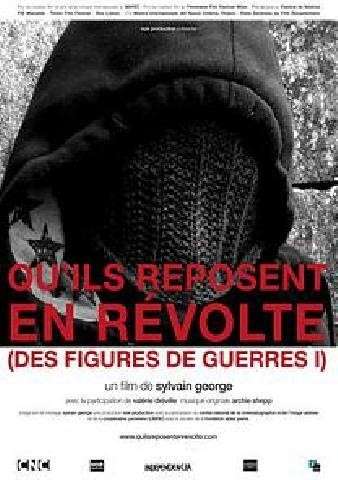

Text from Diagonal Thoughts
“Before being a conflict of classes or parties, politics is a conflict concerning the configuration of the sensible world in which the actors and the objects of these conflicts may appear. Politics is then this exceptional practice, which makes visible that which cannot be seen, which makes audible that which cannot be heard, which counts that which cannot be counted.”
– Jacques Rancière
It is not just a matter of “making political films”, but also of “making films politically”. With this dictum Jean-Luc Godard articulated a longstanding tension between politics and cinema. What is considered as problematical here has to do with the position from which one speaks, with speaking and letting speak, and with the medium that conveys it. Most of all, it has to do with the relations – social, cultural, economical – between people, in front and behind the camera, filming and being filmed, viewing and being viewed. Making cinema in a “political” way can never be about “subjecting” or “identification”, but should rather be about “subjectivation”. Likewise it’s never simply about delivering a “message”, but always about shaping new forms of visibility. One recent, powerful film that has the notion of the political at its very heart is Sylvain George’s Qu’ils reposent en révolte (des figures de guerre).Read More »





